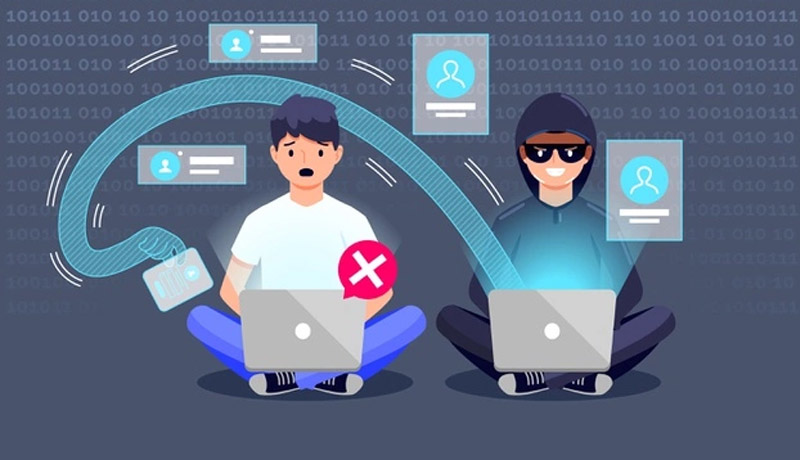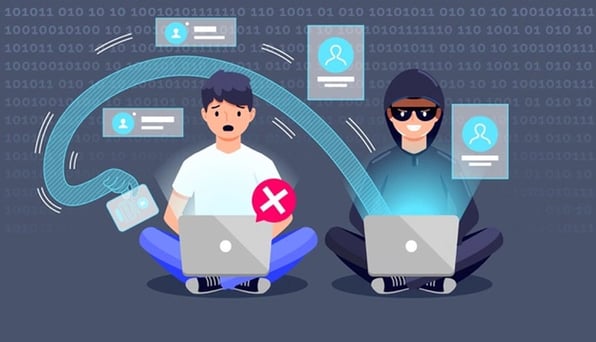Protect Your Money
Fraudsters use phishing scams to deceive individuals. The purpose of phishing is to steal user data, such as login credentials, bank account information, and credit card numbers. There are a variety of channels through which scammers can reach you. Understanding how scammers contact you is the first step toward protecting yourself.
Learn About Phishing Calls, Email, and Text Scams
Phishing Call: A scammer may call you claiming to be from your online payment provider. They might tell you that you've won a free gift or that your account has been put on hold and you'll need a PIN code to continue using it. Providing them with the code will give them access to your personal information. Therefore, never share codes with anyone. It is important to note that Rizeapp will never ask for your passwords or codes in case of any offers or account holds.
Email: A scammer might send you an email telling you your account has been compromised and that you must reset your password by clicking a link. Clicking this link and entering the details will unknowingly give the fraudster your personal information. This allows scammers to access your Rizeapp account once they know your email address, password, and phone number.
Text Messages: Another channel that scammers use is a text message. Scammers may use technology to make their message look as if it is coming from Rizeapp. Also, a sense of urgency is created in the message to encourage you to act immediately e.g., account hold. Next, you'll either be asked to respond to a call or click a link. Such communications should not be responded to, as they are fraudulent.


